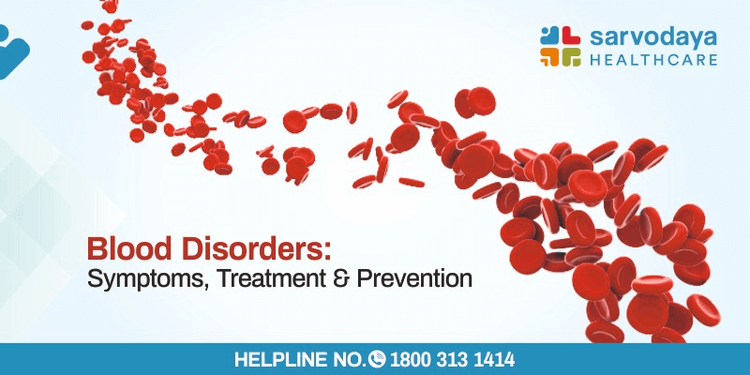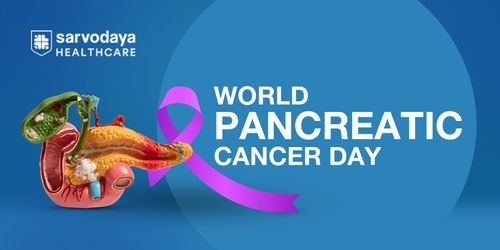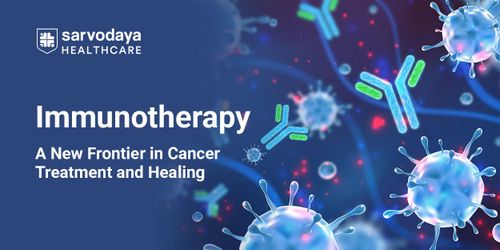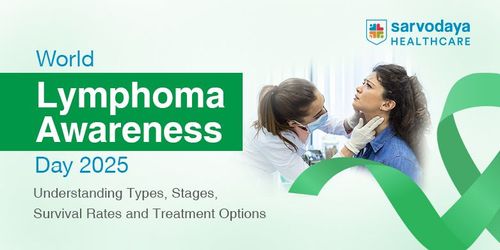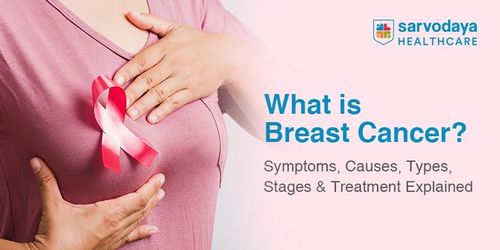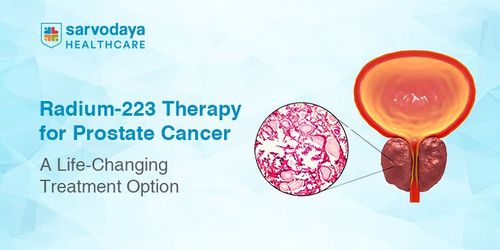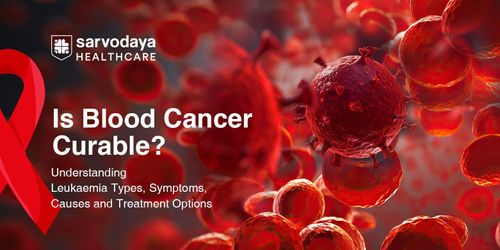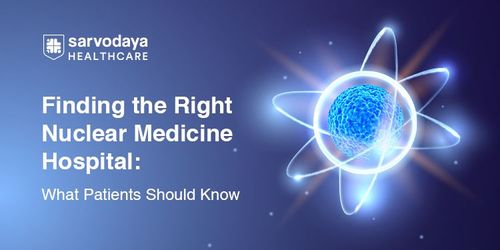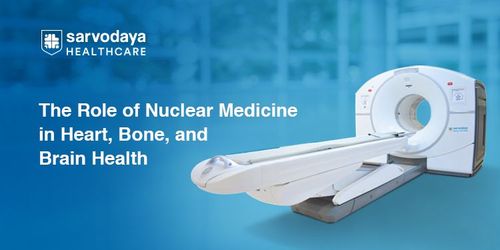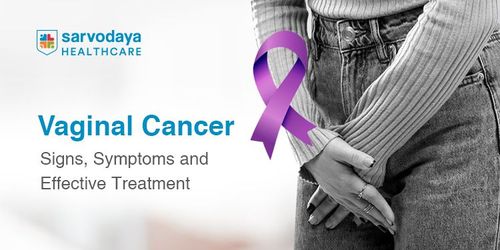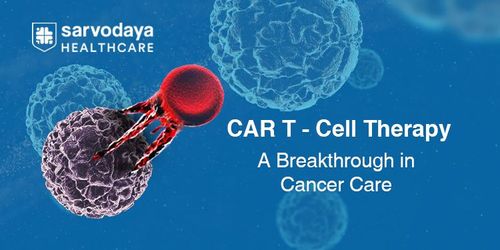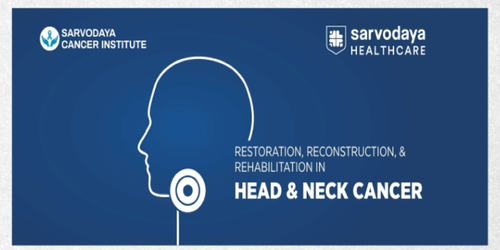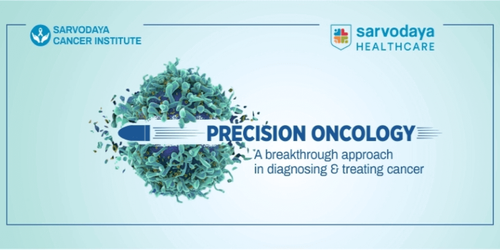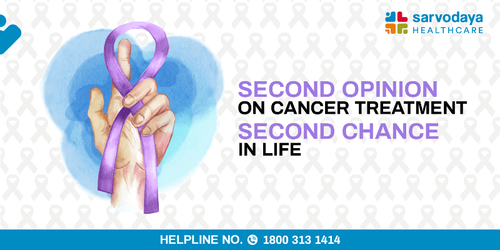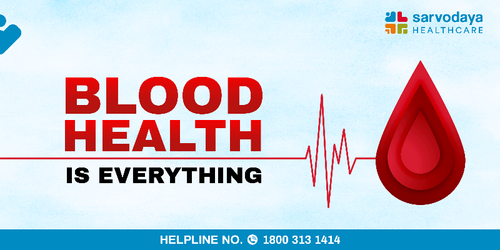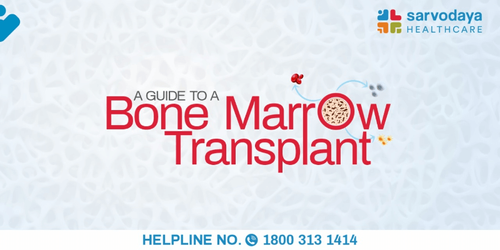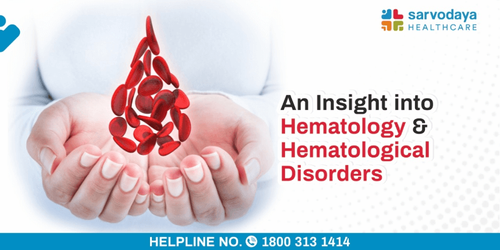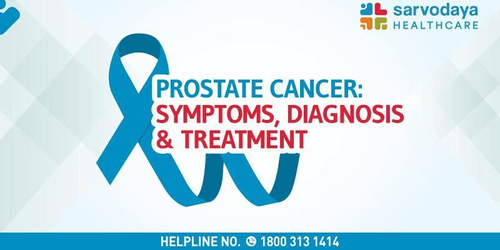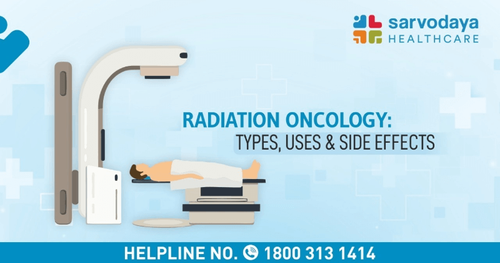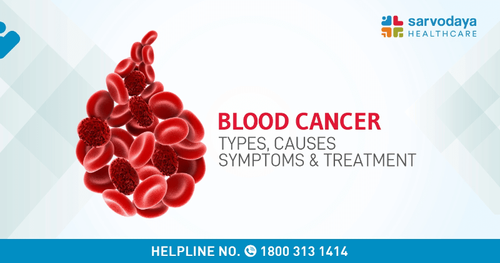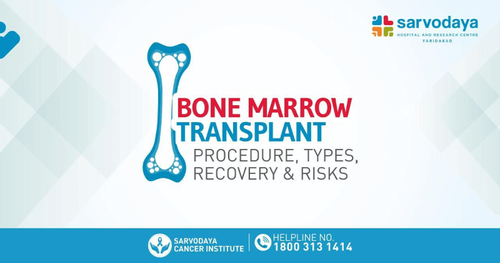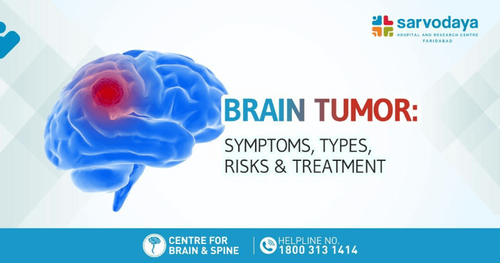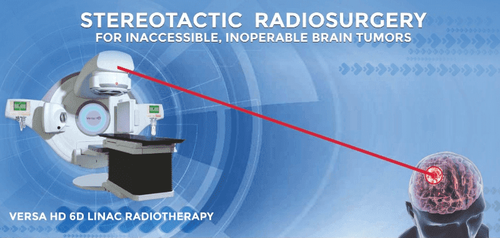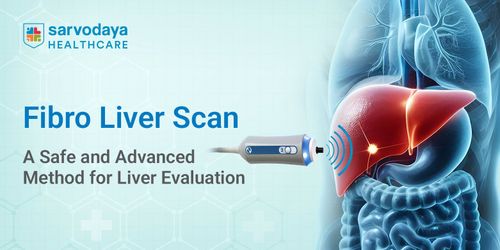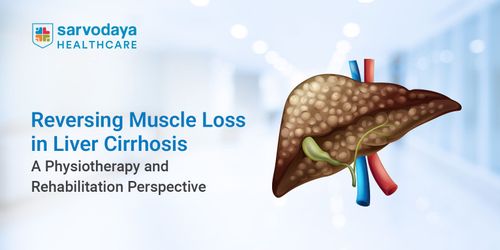Blood disorders include a number of different conditions that affect the normal functioning of blood/blood cells in our body. Blood is made up of two substances, which are liquid and solid in nature. The liquid substance is called Plasma, which contains water, salts and proteins. The solid substances contain Red Blood Cells (RBCs), White Blood Cells (WBCs), and Platelets. Normal functioning of blood requires support from several organs and tissues, which includes the Lymphatic System, Bone Marrow, Clotting Proteins, Spleen, Kidneys and the Liver. Problems with any of these supporting tissues or organs could also lead to blood disorders.
Blood disorders can be inherited or acquired, cancerous or noncancerous. They are classified as per the blood component that the condition affects. In India, the most common types of blood disorders include Anemia, Sickle Cell Disease, Hemophilia, Von Willebrand’s Disease, blood clotting disorders and different types of blood cancers. Some of the blood disorders can be inherited and a family history of certain blood conditions, increases the risk of developing them.
Symptoms
Symptoms of blood disorders depend on the type of condition it is. Some common blood disorder symptoms include fever, fatigue, abnormal bleeding and infections. The treatment for these sometimes can help cure the disease or manage the complications at best.
Serious symptoms of blood disorders include:
- Chest pain or discomfort
- Easy or excessive bruising or bleeding
- Unmanageable bleeding
- Hair loss & brittle nails
- Heavy menstrual bleeding
- Coughing up blood
- Loss of consciousness
- Change in heartbeat rate
- Shortness of breath
- Frequent infections
- Cold hands & feet and pale skin
- Frequent or unexplained nosebleeds
- Abdominal pain, nausea, dizziness, vomiting and diarrhea
- Changes in vision
- Swelling, tenderness and warmth in arms or legs
- Swollen lymph nodes
- Unexplained weight loss
- Facial drooping
- Major rectal bleeding
In case you or any of your loves ones experience the above symptoms, see your doctor as soon as possible. Certain blood disorders can be fatal, in this case, a prompt diagnosis and early treatment could increase the chances of survival.
Treatment
Treatment of blood disorders depends on the type of condition and its severity. Certain conditions cannot be cured but treatment helps to manage them & live a better life. Treatment also helps to relieve the symptoms and ease the overall health condition.
Iron Supplementation: In various conditions, the specialists may prescribe iron supplements. Iron supplements help to replenish the amount of iron in our body & blood in the case of significant blood loss. Low level of iron results in iron deficiency called, which is also known as Anemia. Anemia makes a person feel weak, tired, or dizzy. In the case of severe anemia when symptoms do not improve with iron supplementation, one may need a Blood Transfusion.
Medications: Some medications help to stimulate the bone marrow to produce more platelets in the case of platelet disorders. Antibiotics are given to ease White Blood Cell disorder and help to fight infections. Dietary supplements are given to treat anemia, which usually occurs due to deficiencies.
Blood Transfusion: This procedure is carried out to replace the amount of lost blood by blood taken from a donor. To donate blood, a donor has to match with the blood type of the patient to prevent complications.
Surgical Treatment: This includes Bone Marrow Transplant, which is carried out to repair or replace the damaged bone marrow. Under this procedure, stem cells are taken from a donor and replaced into the patient’s body leading to the production of normal blood cells. Blood transfusion is also done to replace lost or damaged blood cells.
Other treatments: Bleeding disorders are also treated with topical medicines or factor replacement therapy. Doctors may ask for frozen plasma transfusions to treat certain blood clotting factors.
Prevention
Prevention is always better than getting sick & seeking treatment. To prevent blood disorders, you can take some simple steps:
-
Annual physical examinations
-
Annual check-up of joints, bones, and muscles
-
Physical therapy (PT) check-up every year
-
Regular exercise & active lifestyle
-
Eat healthy meals
-
Maintain ideal body weight
-
Get an adequate amount of sleep every day
-
Do not miss any vaccinations
-
Undertake certain blood tests as suggested by the doctor including:
- Factor level check
-
Liver tests
-
Complete blood count
-
Immune system check
-
Annual Hepatitis A, B & C check-up
The life experience of living with blood cell disorders can be different for everyone. Treatments also may lead to side-effects and hence it is always recommended to discuss health with your medical practitioners to seek the right treatment.
At Sarvodaya Hospital & Research Centre, Sector-8, Faridabad, we have a well-supported Hematology Clinic to treat several kinds of blood disorders. Our Hematology department is supported by renowned haematologists, surgeons & healthcare professionals to provide the best treatment options for you & your family.


